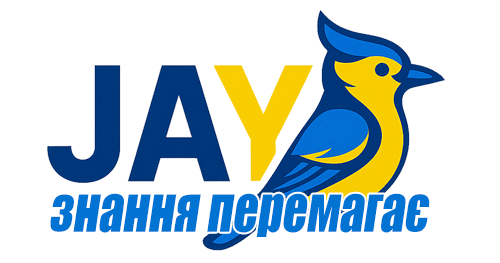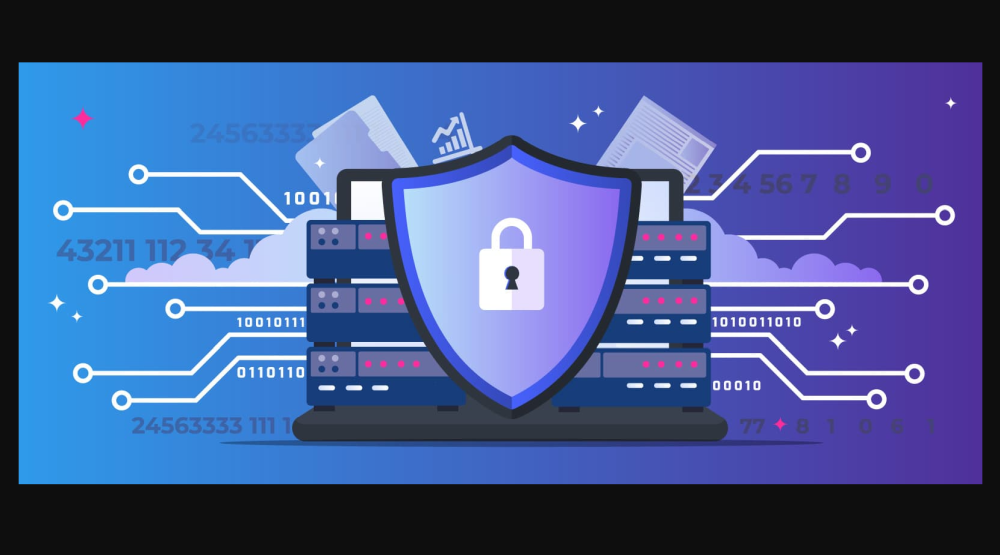Smart Contract Auditor
A Smart Contract Auditor is a security professional who specializes in reviewing and analyzing smart contracts for vulnerabilities and potential security risks. Smart contracts are self-executing contracts written in code that reside on a blockchain. They are designed to automate the execution of an agreement according to its terms, once certain conditions are met.
Why are Smart Contract Audits Important?
Smart contracts are immutable, meaning that once they are deployed on a blockchain, they cannot be changed. This immutability makes it critical to ensure that smart contracts are free of bugs and vulnerabilities before they are deployed. A security flaw in a smart contract could potentially lead to the loss of funds or other digital assets.
What do Smart Contract Auditors Do?
Smart contract auditors typically perform a variety of tasks, including:
- Reviewing the smart contract code for potential vulnerabilities, such as integer overflows, reentrancy attacks, and denial-of-service attacks.
- Testing the smart contract to ensure that it functions as intended.
- Analyzing the smart contract for potential gas optimization opportunities.
- Providing a report that details the findings of the audit and recommendations for remediation.
Benefits of Using a Smart Contract Auditor
There are a number of benefits to using a smart contract auditor, including:
- Increased security: A smart contract audit can help to identify and fix security vulnerabilities before they can be exploited by attackers.
- Reduced risk: By mitigating security risks, smart contract audits can help to reduce the risk of financial losses.
- Improved reputation: A successful smart contract audit can help to improve the reputation of a blockchain project and attract more users and investors.
Smart Contract Audit
A Smart Contract Audit is a comprehensive review of a smart contract’s code to identify potential security vulnerabilities and ensure that the contract functions as intended. Smart contract audits are typically performed by security professionals with experience in blockchain technology and cryptography.
The Smart Contract Audit Process
The smart contract audit process typically involves the following steps:
- Planning and Scoping: The auditor will work with the client to understand the scope of the audit and the specific risks that need to be addressed.
- Information Gathering: The auditor will gather all relevant information about the smart contract, including the code, the specifications, and the test cases.
- Static Analysis: The auditor will use static analysis tools to identify potential vulnerabilities in the code.
- Dynamic Analysis: The auditor will use dynamic analysis tools to test the smart contract and identify any vulnerabilities that may not be detected by static analysis.
- Manual Review: The auditor will manually review the code to identify any vulnerabilities that may have been missed by the automated tools.
- Reporting: The auditor will provide a report that details the findings of the audit and recommendations for remediation.
Blockchain Security
Blockchain Security is a critical aspect of blockchain technology. Blockchain security refers to the measures that are taken to protect blockchains from security threats, such as hacking, denial-of-service attacks, and fraud.
Importance of Blockchain Security
Blockchain security is important for a number of reasons, including:
- Protecting user funds: Blockchains are used to store and transfer digital assets, such as cryptocurrencies. Blockchain security measures help to protect these assets from theft.
- Maintaining trust: Blockchain technology is based on trust. Strong blockchain security helps to maintain trust in the blockchain ecosystem.
- Enabling innovation: Blockchain technology has the potential to revolutionize a wide range of industries. Strong blockchain security is essential for enabling this innovation.
Blockchain Security Measures
There are a number of measures that can be taken to improve blockchain security, including:
- Using strong cryptography: Blockchain security relies on cryptography to secure transactions and protect user data.
- Implementing access controls: Access controls limit who can access and modify data on a blockchain.
- Conducting regular security audits: Regular security audits can help to identify and fix security vulnerabilities before they can be exploited by attackers.
- Educating users: Educating users about blockchain security can help to prevent them from falling victim to scams and phishing attacks.
By following these best practices, developers and users can help to ensure the security of blockchains and the applications that are built on top of them.

